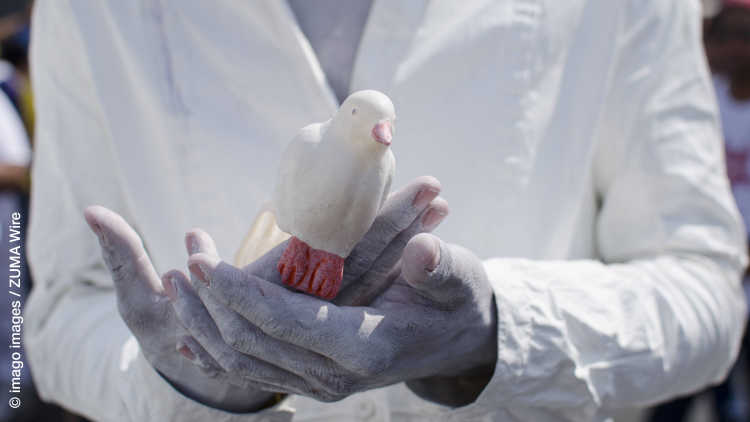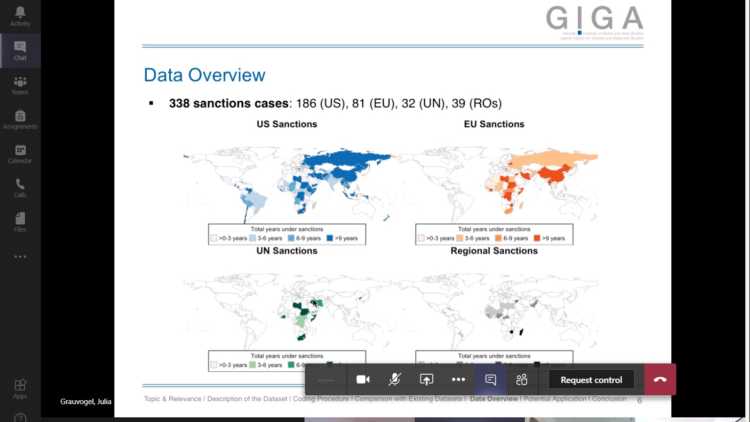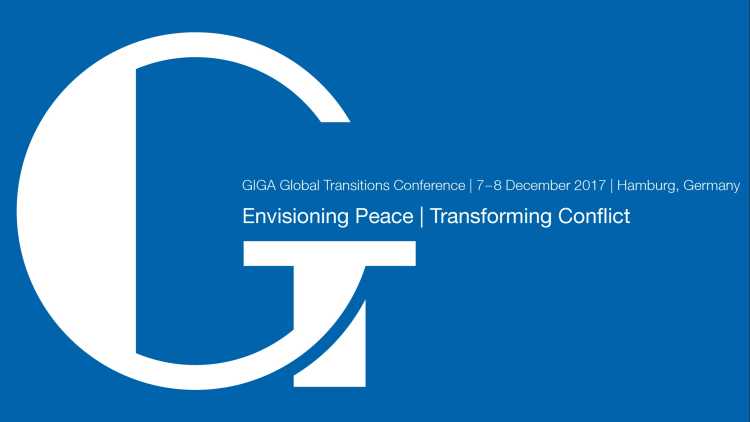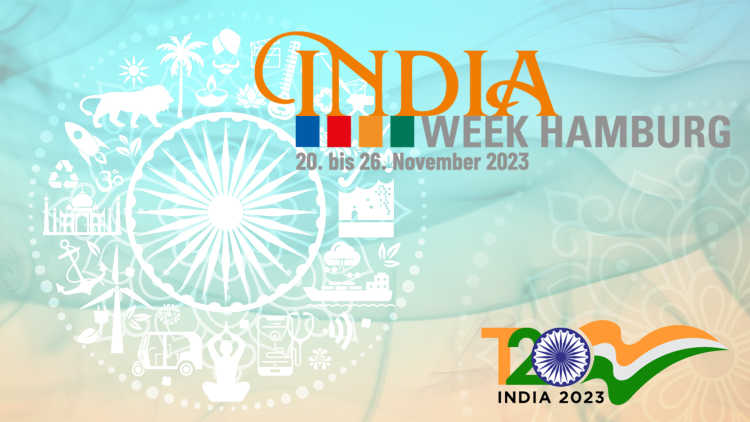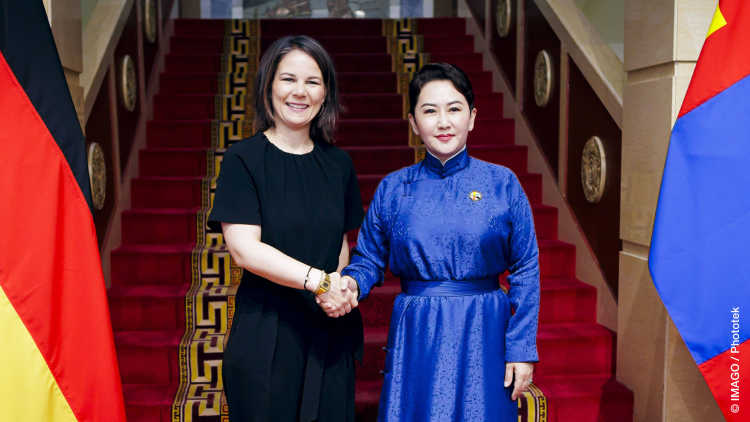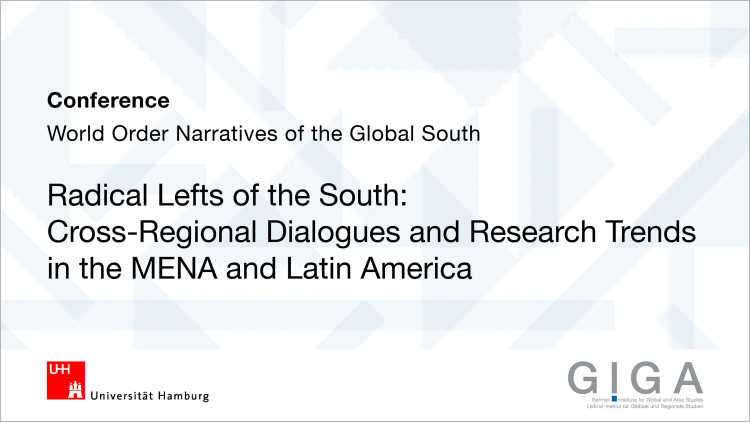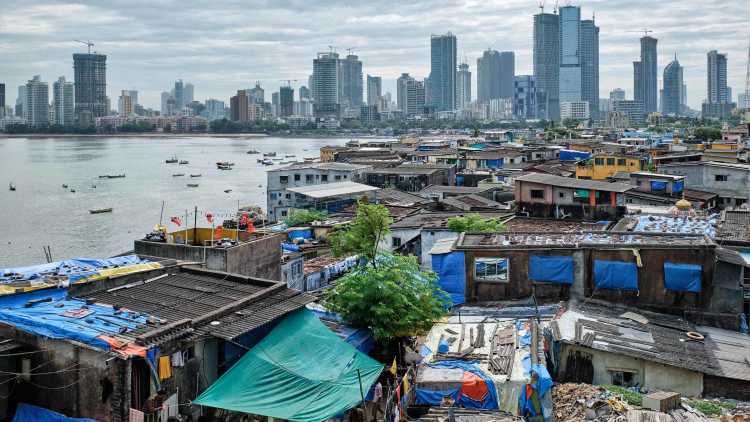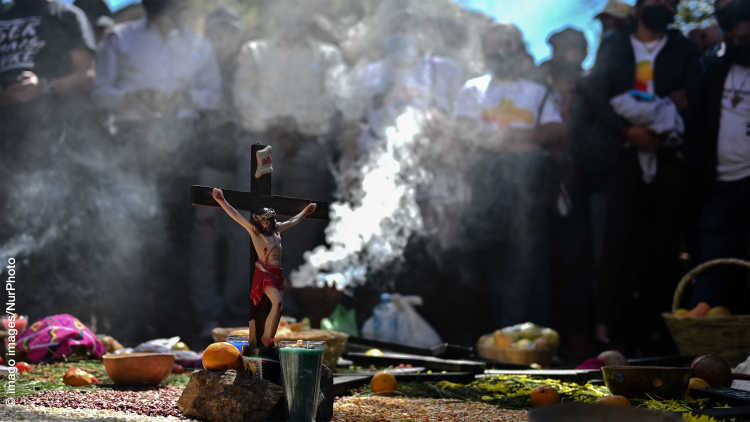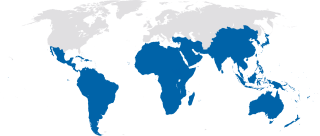Experts
Contact
Current Research
Countries and Regions
-
Resources conflicts
-
Religion and violent conflict
-
Civil–military relations
-
Political institutions
-
Sub-Saharan Africa
-
Mali
-
Niger
-
Chad
-
Botswana
-
Postwar Societies
-
Violence and Social change
-
Youth
-
Central America
-
Colombia
-
Regional Explanations for Authoritarianism
-
Statethood and Political Domination in the Middle East (with a focus on Jordan and Syria)
-
The War in Syria
-
Regional Politics and the Relationship between Arabism and Islamism
-
Jordan
-
Syria
-
Palestine/Israel
-
Turkey (Near East Politics)
Events
President (ad interim)
Prof. Dr. Sabine Kurtenbach is President (ad interim) of the GIGA.
Regional Institutes
Notification
Sign up to receive email notifications about GIGA activities
Social Media
Follow us
